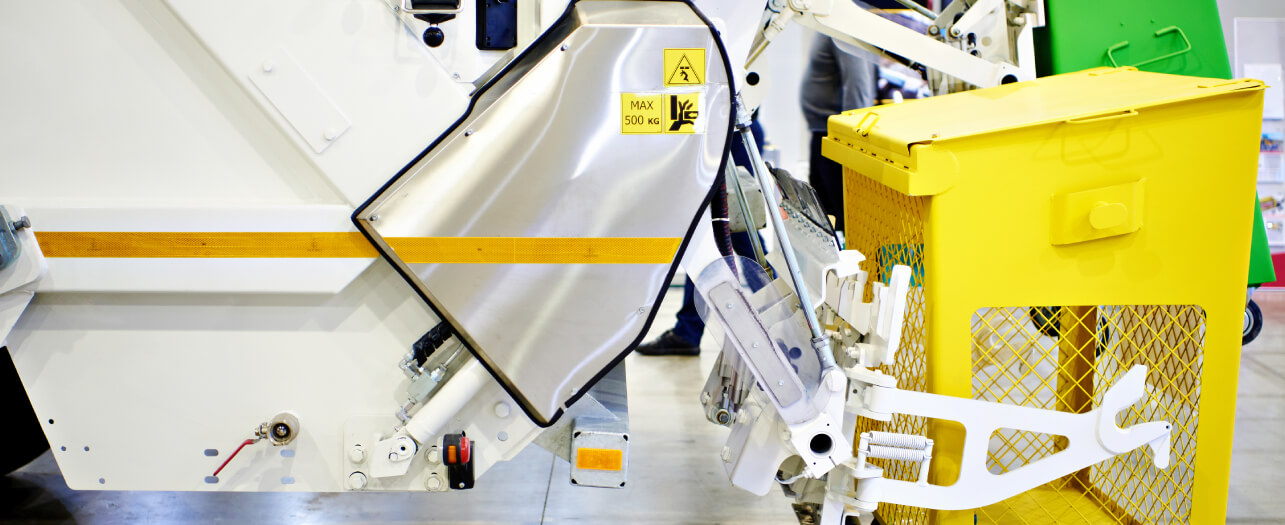Mountains of garbage, overflowing landfills, and plastic-choked oceans - these are the unsettling visuals that define our throwaway culture. The ever-mounting waste crisis is a daunting reality we face every day, but a revolution driven by ingenuity and powered by cutting-edge technologies is swinging the tide. The pioneers of waste management are leveraging modern technology to pave the way for a cleaner, greener future that treats waste disposal with responsibility and care.
Robotic Filtering Process
A key aspect of waste management is filtering and segregating waste across different categories. Engineers have come up with ingenious AI-powered robots equipped with lasers and cameras which can scan waste streams with superhuman precision. These robotic "binge eaters" can identify and separate materials in garbage bins with relative ease and significantly improve the efficiency of the waste management process. An automated segregation process driven by robots also dramatically increases recycling rates and diverts large amounts of waste from landfills. In Japan, an army of "eco-bots" sorts 3,000 tonnes of waste daily, while in the UK, AI-powered robots are tackling the notoriously complex plastic recycling puzzle.
One person’s trash is another’s treasure.
People are finally beginning to treat waste as a resource. The global circular economy is taking shape and we are finally unlearning the outdated notion of waste as "garbage." Modern technology can be leveraged to transform waste into valuable resources. Anaerobic digestion, for instance, turns food scraps and organic waste into biogas, a clean-burning fuel that can power homes and businesses. Plastic and glass bottles are being reused and composting and rainwater harvesting have become common practices across households around the world. In India, discarded flowers from religious offerings are finding new life as organic fertiliser, while in Kenya, plastic waste is being upcycled into sturdy building materials.
Awareness, traceability and information gathering
One of the major developments in terms of waste management is the sheer volume of data that waste management companies have become capable of handling. For instance, Waste management companies in the UAE have saved over $30 million through efficient route optimisation. This is entirely possible because of the advanced technologies that make information-gathering and processing a lot easier. These include smart bins with sensors that collect data on how much waste is being generated from specific areas and optimise routes for these areas. Another example of this also includes sensors that are capable of tracking whenever a waste disposal site is turning into a landfill and delivering warnings to waste management companies. City-wide awareness campaigns and initiatives to encourage people to responsibly dispose of waste in segregated bins are taking off around the world.

The aim of waste management - a future free from waste
The journey towards a sustainable future is filled with several potholes and hiccups along the way. Waste management technology is but one piece of the puzzle. Yet, it plays a key role. There's one singular aim of waste management. That is to achieve a future free from waste. The world is working towards a point where waste simply doesn’t exist and all of it can be recycled and repurposed for reuse.
At the end of the day, technology will only take us so far. Waste management requires a conscious effort from individuals and governments working together to achieve a zero-waste goal.


